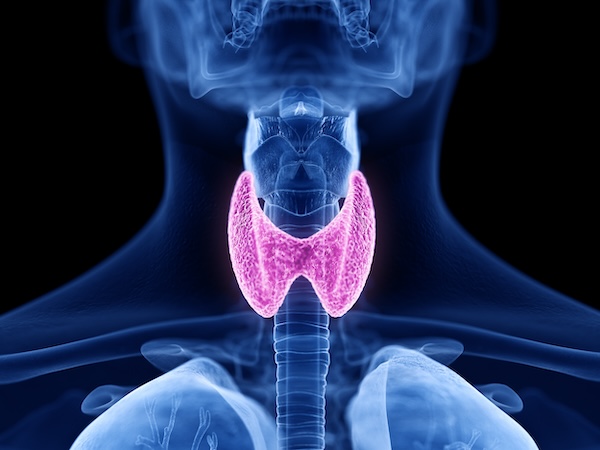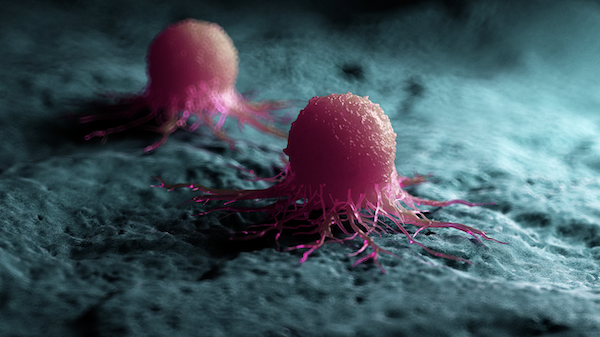 There are people who are 80 and older and have the memory of someone 30 years younger. These older people are called “Super Agers.” When compared to other 80 year-olds, the Super Agers have less brain loss than their peers.
There are people who are 80 and older and have the memory of someone 30 years younger. These older people are called “Super Agers.” When compared to other 80 year-olds, the Super Agers have less brain loss than their peers.
The Real Question: Why?
This was a study out of the Journal of Neuroscience, April 2024 entitled,“Super Agers resist typical age-related white matter structural changes.” They looked at 64 patients and 55 controls who had a mean age of 81. The researchers followed them over 5 years and looked at the white matter status.
- “Super Ager” was defined as those with no difference in global white matter health (white matter volume, Fazekas score, and lesion volume).
- They are thought to be less than 10% of the population.
- They tended to show better white matter microstructure than in typical older adults, with more volume and more connectivity between regions.
- They looked at tests to assess memory, motor (muscle movement), and verbal skills. They had brain scans and blood draws. There were questionnaires about their lifestyle and behaviors.
- There were minimal signs of Alzheimer’s disease in both groups — controls and Super Agers.
- Super Agers tend to be energetic, motivated, and “on the ball.”
This study is important because they compared normal older people who did not have dementia to those who were the Super Agers. They found striking cognitive differences in their brains. So why did one group age better?
The Super Agers’ brains looked more like 50 to 60 year-old brains when compared to their 80 year-old counterparts. When followed, their brains atrophy slower than average.
Why?
Some think lifestyle and health have an effect:
- Better physical health — blood pressure, glucose metabolism
- Better on mobility tests
- More active in middle age (though not doing more exercise at their current age), so they set themselves up to be better at age 80 by being healthy at age 50.
- Better mental health
- Strong social relationships
What didn’t have an effect?
They didn’t see differences in diet, amount of sleep, professional backgrounds, alcohol intake, or tobacco use.
More needs to be studied. They don’t know why some seem to have resistance to aging or a predisposition, possibly related to genetics.
How Can Biohackr Health Help?
Look at our Biohackr Benchmark. We want you to do these tests in your 40s or early 50s so you can identify where your weaknesses are. Glucose metabolism and insulin resistance? Hormone imbalances? NAD levels? What is your muscle mass? How active are you?
- TEST: We do tests on thyroid, D, hormones, glucose/insulin panel, NAD levels, micronutrients. If you want a deep dive, we strongly recommend doing the entire Benchmark program to look at heart, cholesterol, glucose, and cancer status and risk.
- TREAT: Supplements, IVs, NMN, and IV NAD+.
- InBody Scan: What is your muscle to fat ratio?
This research shows that your health in your 70s and 80s is determined by how healthy and active you are in your 50s. You cannot address healthspan and lifespan in the 9th inning. Let us help.

